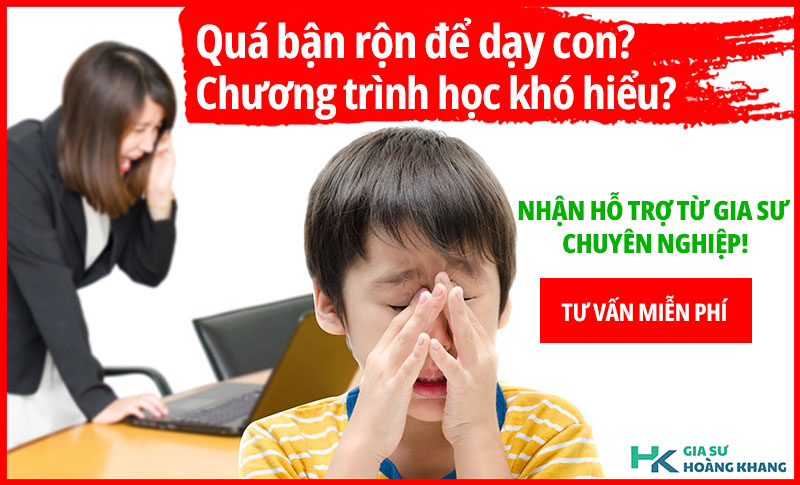help me!!!!!!!!!!!!!!!!!!!!!!!!!!!!!!!
Read the text and fill in one word which best fits each gap.
Our oceans are becoming extremely polluted. Most of this (1) ………………….……… comes from the land, which means it comes from people. Firstly, there is raw (2) ………………….………, which is pumped directly (3) ………………….……… the sea. Many countries, both developed and developing, are guilty (4) ………………….……… doing this. Secondly, ships drop about 6 million tons of garbage into the (5) ………………….……… each year. Thirdly, there are oil spills from ships. A ship has (6) ………………….……… accident and oil leaks from the vessel. This not (7) ………………….……… pollutes the water, but it also kills marine life. Next, there (8) ………………….……… waste materials from factories. Without proper regulations, factory owners let the waste run directly into the rivers, (9) ………………….……… then leads to the sea. And finally, oil is washed from the land. This can be (10) ………………….……… result of carelessness or a deliberate dumping of waste.


Our oceans are becoming extremely polluted. Most of this (1) pollution comes from the land, which means it comes from people. Firstly, there is raw (2) sewage, which is directly pumped (3) into the sea. Many countries, both developed and developing are guilty (4) of doing this. Secondly, ships drop about 6 million tons of garbage into the (5) sea each year. Thirdly, there are oil spills from ships. A ship has (6) an accident and oil leaks from the vessel. This not (7) only pollutes the water, but it also kills marine life. Next, there (8) are waste materials from factories. Without proper regulations, factory owners let the waste run directly into the rivers, (9) which then led to the sea. And finally, oil is from the land. This can be (10) the result of carelessness or a deliberate dumping of waste. People make our oceans extremely polluted.
1. pollution ( n: sự ô nhiễm )
2. sewage ( raw sewage: chất thải chưa qua xử lí )
3. into ( dump into: đổ vào )
4. of ( guilty of: có lỗi )
5. sea ( n: biển )
6. an ( cần mao từ “accident” bắt đầu bằng nguyên âm nên dùng “an” )
7. only ( not only… but also: không những …. mà còn )
8. are ( cần động từ tobe )
9. which ( thay cho vật “the rivers” )
10. the result ( n: kết quả )